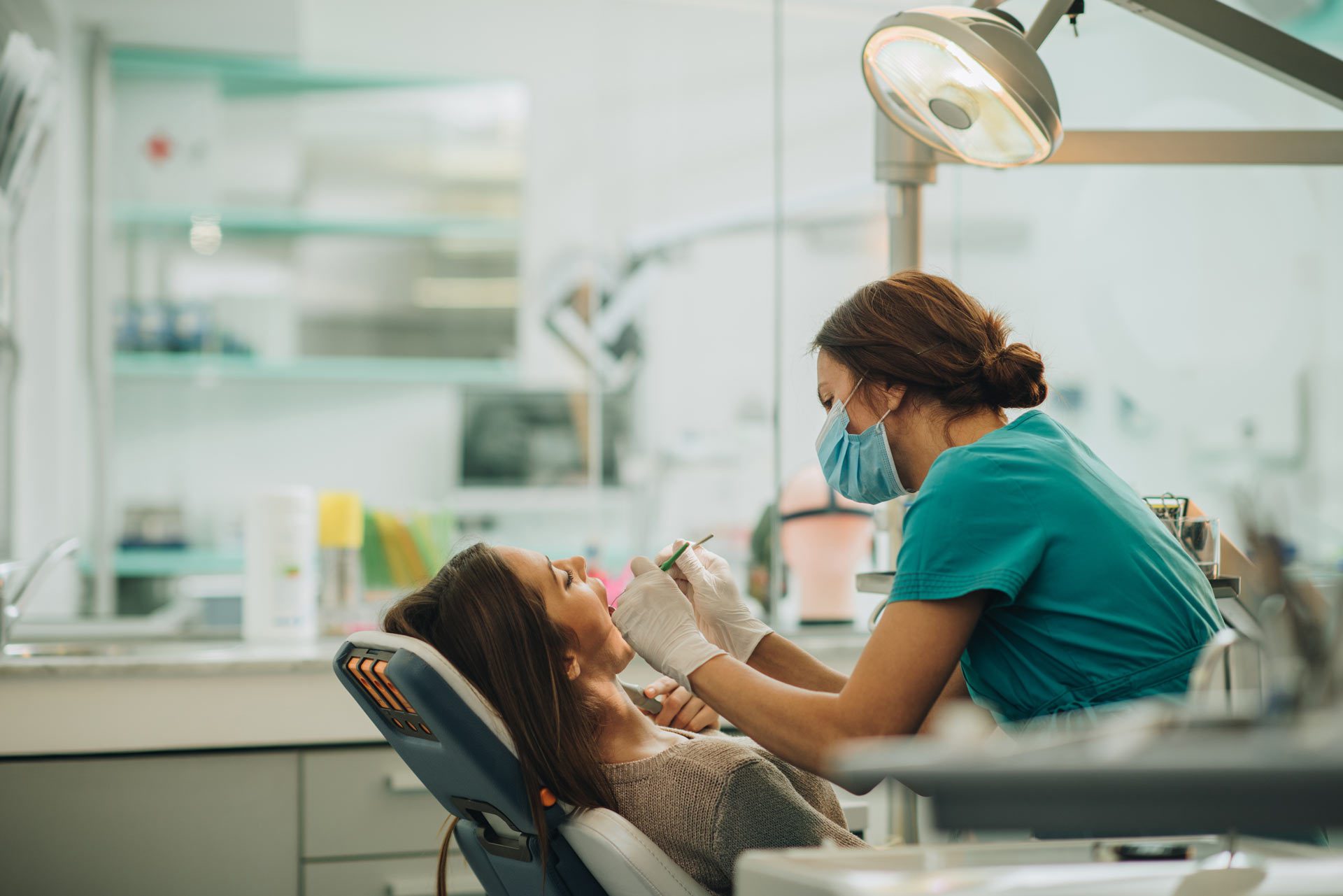
Dental sedation is a safe and reliable method to keep a patient calm and relaxed using an IV drip. It is designed to help make difficult or lengthy procedures much easier on the patient by keeping you conscious but sedated throughout the treatment.

Prior to the onset of the treatment, your dentist or sedation expert will insert a drip into a vein in your arm. This will induce a feeling of relaxation and mild sleepiness, though you’ll remain alert during the procedure, able to communicate and follow to directions as required. You will also be given a local anesthetic so that you feel no pain throughout the treatment.
Throughout the procedure, monitoring equipment will consistently track your vital signs. Even if the complete treatment takes up to two hours, it will likely appear as only a few moments due to the effects of sedation. In addition, your memory of the procedure will be very little due to the amnesic effects of the IV sedation.
Sedation is applied in dentistry for a variety of treatments, and sometimes even for less complex procedures if seen necessary.
For example, patients undergoing dental implant procedures or wisdom teeth extraction often need sedation dentistry. Both these procedures can have discomfort, especially if the wisdom teeth are impacted or placed in tricky positions.
Another typical use of sedation occurs during total clearances, where it becomes essential to remove a majority, if not all, teeth. Essentially, sedation proves beneficial for any process that extends over a considerable duration and could cause discomfort or anxiety to the patient.
As a result, it is occasionally also recommended for patients who suffer from dental phobia or an acute gag reflex.
In certain instances, your dentist may suggest sedation for an upcoming procedure. Although you can decline the sedation if you choose not to utilise it, generally, if a dentist proposes this alternative, it’s probable that the procedure would be uncomfortable without it.
However, if you feel anxious or apprehensive about a treatment, you can also discuss sedation with your dentist. If sedation enables you to undertake a crucial treatment for your oral health rather than putting it off indefinitely, it could indeed be the right choice for you.
